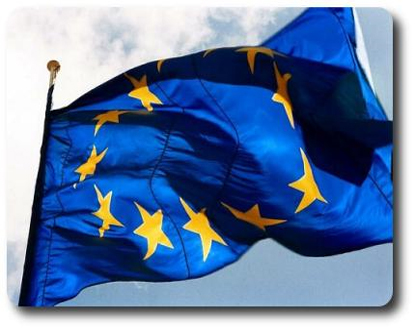Populist pressure, which feeds on the rejection of elites and the fear of globalization and immigration, disrupts the current functioning of the European Union.
- Perhaps now is the time to rediscover the spirit of its founding fathers, like Monnet and Schuman.
Sixty years ago, they envisioned an ingenious system that combined the pooling of certain competencies (primarily economic) with an organization where the states were counterbalanced by institutions above them.
The Council of Ministers represented national interests, while the Commission or the Parliament were intended to represent the general European interest.
- This is what Jacques Delors characterized in his time by defining Europe as a “Federation of Nation-States.”
This choice has been progressively challenged.
Brussels increasingly turned from being the place of pooling competencies into the venue for bitter negotiations between states trying to obtain as many advantages or as few disadvantages as possible. The “every man for himself” strategies took precedence.
- Europe progressed in regulating economies, but it almost sank with the monetary crisis that emerged in the United States.
Indeed, the Europeans set up mechanisms that allowed for the last-minute rescue of Greece, Ireland, and then Portugal, and today Italy and Spain.
But the initial refusal to show solidarity, notably in Germany, delayed necessary decisions and increased the final bill.
Europe also managed, albeit with difficulty, to equip itself with an external action service, a barbaric term for foreign policy, but it fails to disguise the Europeans’ inability to develop a common foreign policy (and let’s not even mention Defense!).
- Faced with the implosion of Arab regimes, Europeans did not know how to react appropriately to the event and carry out coordinated policies together.
More recently, the issue of immigration has become a point of contention between the French and Italians.
France is legally correct in saying that the issue of illegal immigration falls under the responsibility of the country where the immigrants land.
But this legal selfishness does not hold up when small countries like Malta and Greece, or larger ones like Italy, are confronted with uncontrollable waves of immigrants.
To the “it’s your problem” France directed at Italy, the Italians respond with “handle the problem yourselves,” knowing well that by granting “temporary” passes to Tunisians, they would rush to try to cross the French border.
- The “every man for himself” approach of European states is a familiar refrain.
It was the matrix of all their conflicts, up until the exhaustion brought on by World War II. Have we forgotten the lessons of history?
Disunited, European states are nothing more than dwarfs, not only face-to-face with the United States but also with emerging countries like China, India, or Brazil. In a world that is both open and full of risks, the European dimension is the only one capable of saving us. But not just any Europe!
It is urgent to rediscover the spirit at the start of European construction: a faith, an audacity, a leadership, that seem to be lacking today.
by Yves MÉNY, Professor of Political Science


